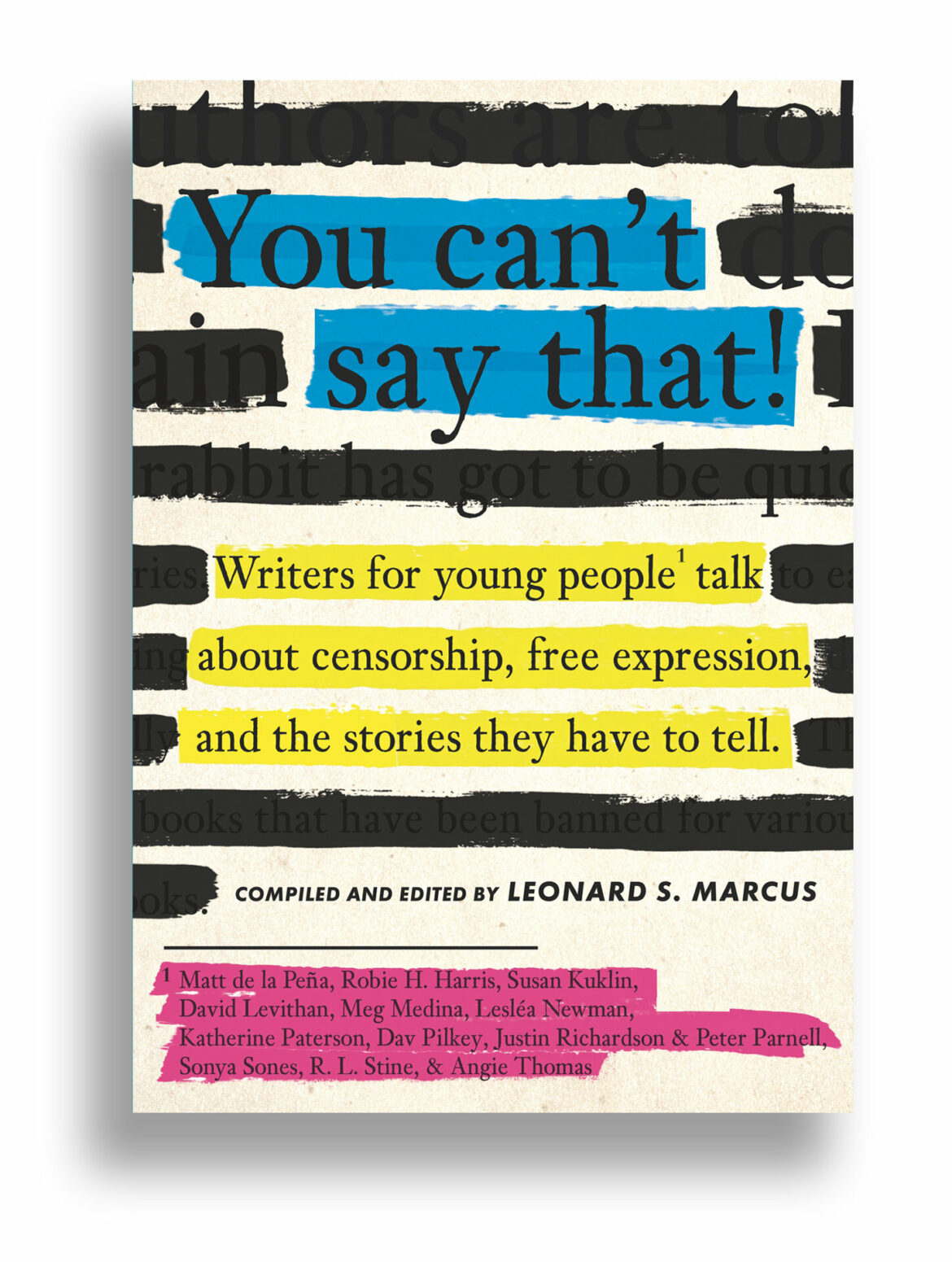Censorship in Cryptocurrency
Cryptocurrencies are decentralized digital assets that exist outside of traditional banking systems and governments. Since they are not regulated by a central authority, censorship is less likely to occur compared to other forms of currency. However, censorship can still affect cryptocurrencies if the underlying infrastructure or blockchain technology on which it is based is subject to censorship.
Blockchain Censorship
A blockchain is a distributed ledger system where all transactions are publicly recorded and stored with each node having equal access and no single point of control. As such, anyone trying to censor transactions must gain control over more than 50% of the network’s computing power (also known as a “51% attack”). While this type of attack has occurred in the past, most attempts have been unsuccessful due to the decentralization of blockchains making them difficult targets for malicious actors.
Exchange Censorship
Exchanges are online platforms used for buying, selling, and trading cryptocurrency tokens such as Bitcoin or Ethereum. These exchanges typically require users to provide personal information before allowing any trades or purchases which can be used by regulators or law enforcement agencies to identify individuals engaging in illegal activities such as money laundering or terrorist financing – leading some exchanges to censor certain types of activity from their platforms even when these activities may not be explicitly banned by law. Additionally, many countries have imposed restrictions on cryptocurrency exchange services either preventing domestic traders from accessing overseas markets or banning citizens from using certain coins altogether (e.g., China’s ban on ICOs).
Mining Pool Censorship
Mining pools consist of multiple computers working together to validate blocks within a blockchain network and earn rewards for doing so; however some mining pool operators have begun censoring specific types of transactions that they deem unacceptable – such as those related to gambling sites or darknet marketplaces – denying miners who wish process these transactions their share in rewards while also increasing transaction fees paid by legitimate users attempting send funds through their pools (a practice known as ‘transaction fee gouging’) . To combat this issue many new protocols have been created that allow miners choose which transactions they want process without fear retribution from service providers like mining pool operators .
Conclusion
Censorship does pose an inherent risk when it comes cryptocurrency but with proper precautions taken – like selecting secure wallets & exchanges – users should be able protect themselves against potential threats posed both government regulation & malicious actors alike .


